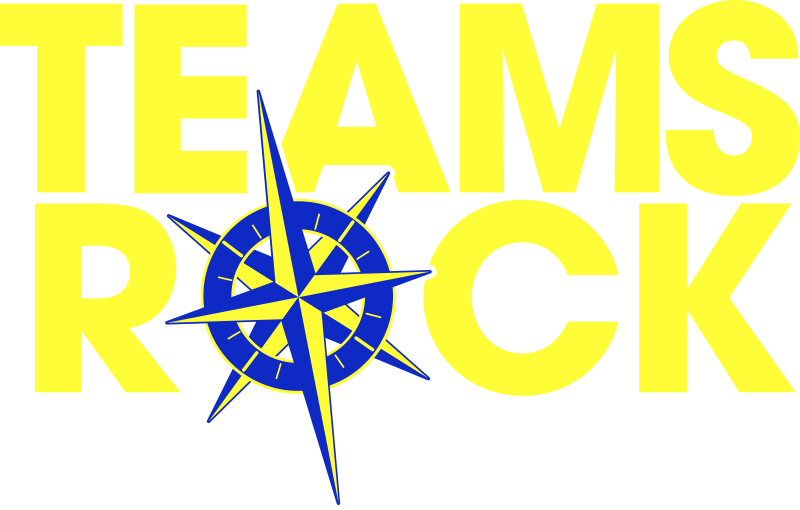
How can we get our teams to work together more effectively? Let’s face it, not everyone is going to get along with everyone else. That would be too easy.
Let’s start with a simple question – Is conflict good or bad? The reality is that conflict can be both good and bad. If the conflict is about solving a challenge and two people disagree on the process, that is good conflict because, more than likely, they will resolve the issue by using input from both parties. Now, if the conflict becomes personal, then it is bad for everyone involved and even sometimes for those on the sidelines, as well.
So, regardless of the type of conflict, effective resolution is a set of teamwork skills that every team needs to understand. Here is a simple, six-step approach to reaching conflict resolution:
- Get everyone to agree that a problem exists: A classic example; no one wants to talk about the elephant in the room. Get it out in the open and get agreement that there is a problem.
- Brainstorm potential solutions: This is critical and everyone involved with the problem needs to be involved. Remember, it is a brainstorming session and not a problem solving session.
- Discuss all of the solutions and come to a mutual agreement: After the brainstorming session, let ideas settle for a little while and then gather everyone together to discuss solutions and come to an agreement on the next process, then set an agreement in place.
- Expect cooperation from everyone and share these expectations: This stage is one that many dismiss – by getting everyone to share his / her expectations they are, in effect, gaining mutual buy-in and creating mutual accountability.
- Sign the agreement discussed in step four: The buy-in gets deeper when all parties sign the agreement.
- Have a systematic follow through plan in place. If you are not tracking progress, how will you know if the plan you put into place is indeed working? This allows you to provide appropriate feedback to everyone along the way.
When you follow a plan, you increase the likelihood of resolving conflict in a win/win scenario that helps everyone.
Think of it this way: would you begin to take a road trip to a new destination you have never been without a set of directions or a GPS? Think of these six steps as your GPS towards conflict resolution.


Leave A Comment